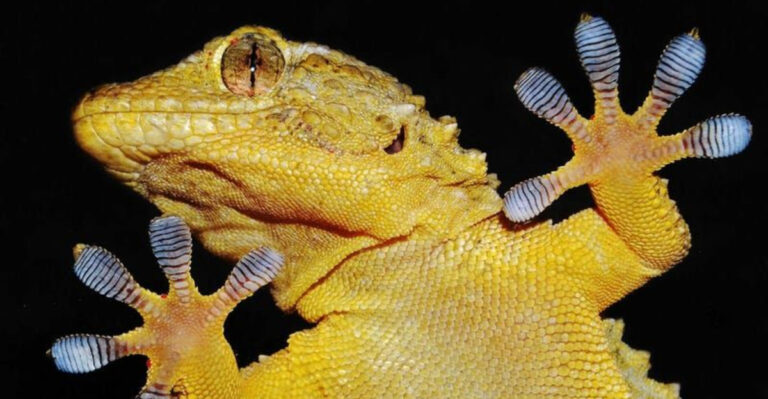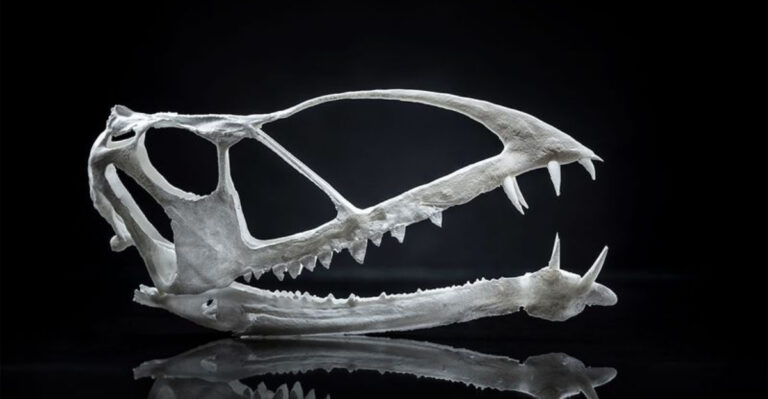15 Ways Pets Help You Heal From Toxic People Faster Than Therapy

When toxic relationships leave you feeling broken, sometimes the best medicine comes with four paws and a wagging tail.
Our animal companions offer a special kind of healing that even professional therapy can’t always match.
They love without conditions, listen without judgment, and somehow know exactly when you need a furry shoulder to lean on.
1. Unconditional Love Machines

Your pet doesn’t care about your past mistakes or what that toxic ex said about you. They think you’re perfect just as you are.
This unwavering acceptance helps rebuild self-worth that manipulative people tried to destroy. When your cat purrs in your lap or your dog greets you like you’re the greatest human alive, healing begins naturally.
2. Living In The Moment Mentors

Ever notice how your pet never dwells on yesterday’s drama? Animals exist completely in the now – a skill that proves invaluable after toxic relationships.
While you might spiral thinking about past hurts, your furry friend nudges you back to the present moment. Their playful pounce or curious head tilt pulls you out of painful memories and into what actually matters: right now.
3. Judgment-Free Confidants

Try telling your darkest thoughts to your goldfish – notice how they never interrupt or offer unsolicited advice? That’s therapeutic gold.
Animals listen without analyzing, criticizing, or gossiping. After being judged harshly by toxic people, this creates a safe space to process feelings aloud. Your pet’s attentive head tilt might be more healing than a therapist’s notepad sometimes.
4. Touch-Therapy Specialists
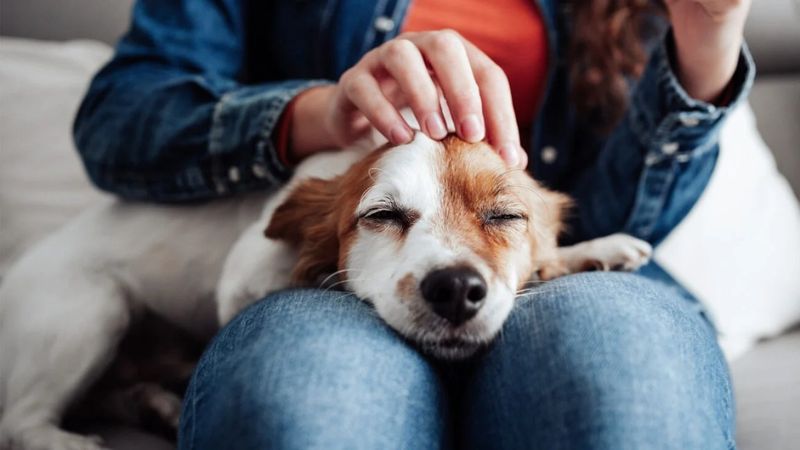
Science confirms what pet owners already know: physical contact with animals lowers stress hormones while boosting feel-good chemicals in your brain.
After a toxic relationship leaves you touch-starved or wary of human contact, the simple act of stroking your cat’s fur or hugging your dog provides safe, healing touch. No words needed – just the warm weight of a pet against you works wonders.
5. Routine Rebuilders
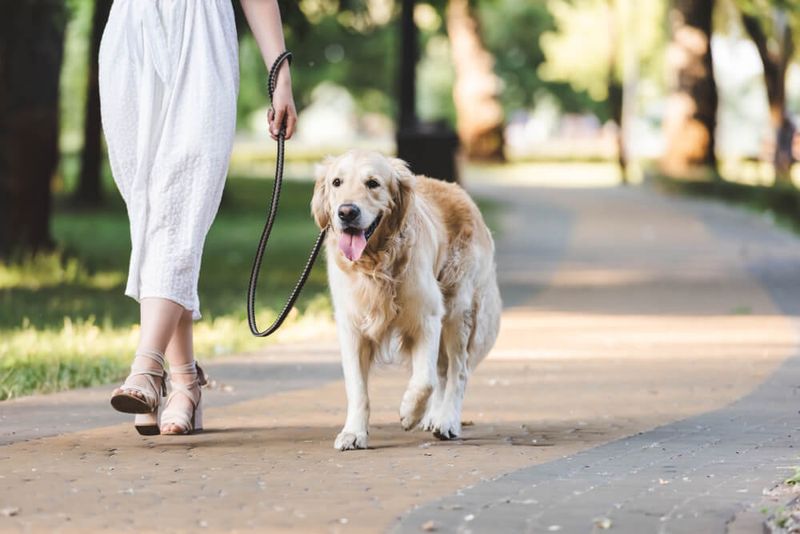
Chaos follows toxic relationships like a shadow. Your pet’s consistent needs create structure when everything else feels uncertain.
Those regular feeding times, walks, and care rituals become anchors in your day. While therapy sessions happen weekly, your pet requires daily attention – forcing healthy patterns back into your life when you might otherwise isolate or neglect self-care.
6. Connection Without Complication

After navigating the exhausting mind games of toxic relationships, your pet’s straightforward love feels revolutionary. No hidden agendas, no manipulation tactics.
Animals operate on simple terms: kindness receives affection, food earns gratitude. This uncomplicated connection reminds you how healthy relationships should feel. Their honest interactions reset your expectations and heal relationship trauma faster than talking therapy alone.
7. Boundary Teachers
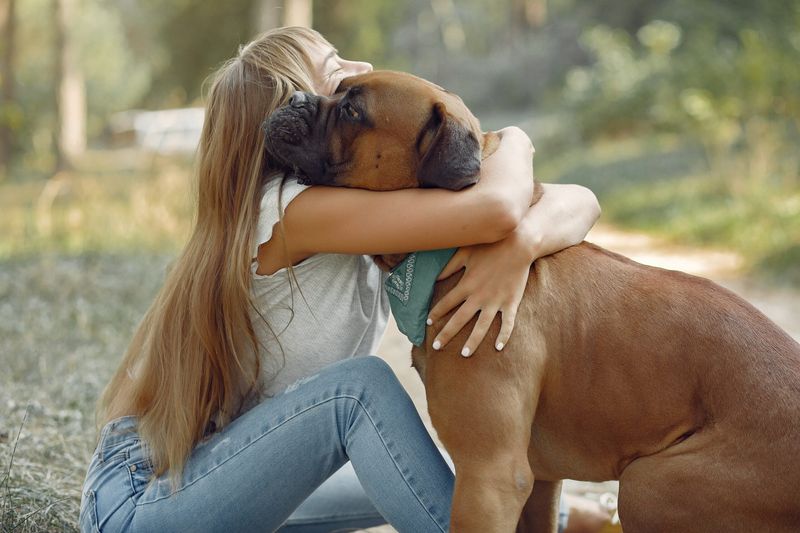
Watch closely – animals are masters at setting healthy boundaries. Dogs growl when uncomfortable, cats simply walk away when they’ve had enough.
After toxic relationships blur your boundary lines, pets demonstrate self-protection without guilt or explanation. They show you it’s okay to say “no” and protect your energy. Their instinctive wisdom offers daily lessons in healthy relationship dynamics.
8. Laughter Catalysts
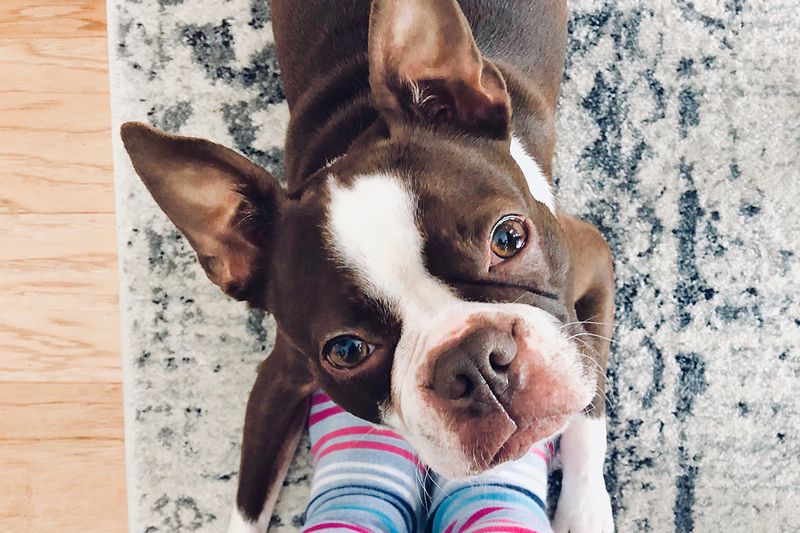
Healing requires joy – something toxic relationships actively drain away. Enter your pet’s ridiculous antics and comedic timing.
That silly face your dog makes or your cat’s bizarre midnight zoomies trigger genuine laughter. While therapy provides important insights, your pet’s spontaneous goofiness delivers immediate mood boosts. Those moments of pure delight accelerate emotional recovery better than any prescribed exercise.
9. Emotional Radar Systems
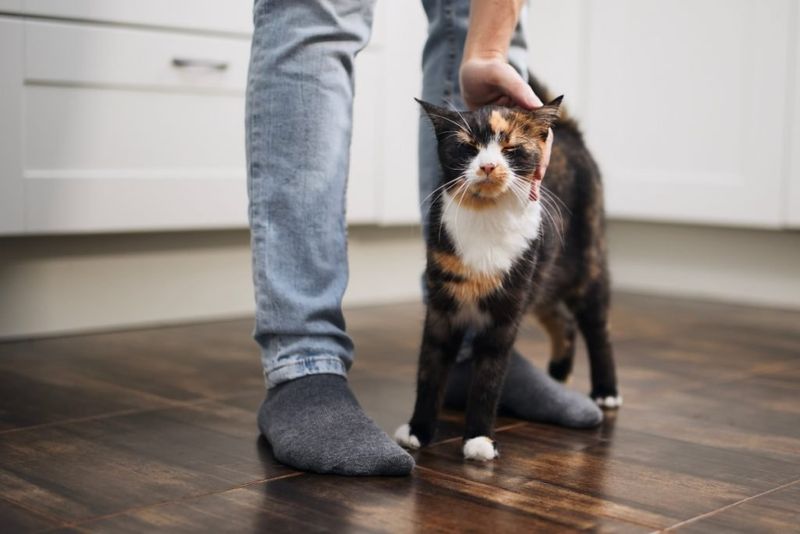
Animals possess an uncanny ability to sense emotional states humans often miss. Your pet intuitively knows when you’re sad, anxious, or spiraling.
This emotional awareness serves as an early warning system for mental health dips. While therapists rely on your self-reporting, your pet responds to subtle emotional shifts in real-time. Their behavior changes or comfort attempts alert you to address feelings before they overwhelm.
10. Self-Worth Restorers
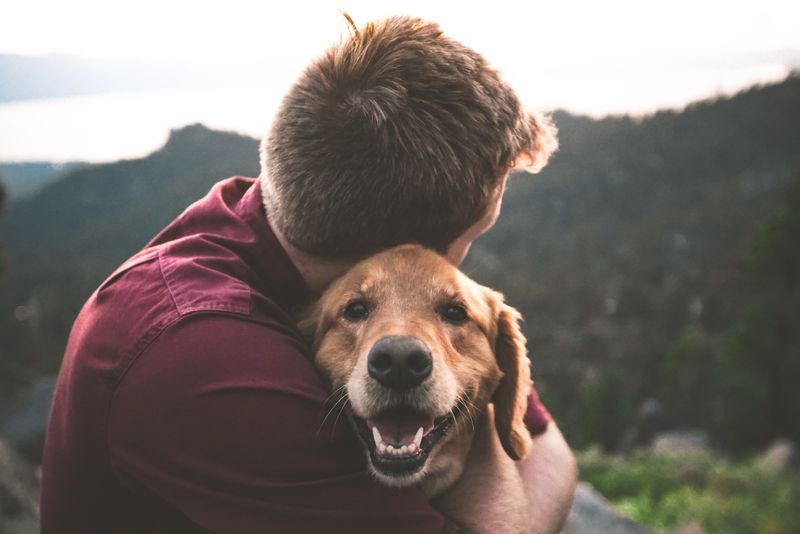
Remember how that toxic person made you feel worthless? Your pet completely disagrees.
To them, you’re literally the center of the universe – the food-giver, the treat-dispenser, the ultimate playmate. Their eyes light up when you enter a room. This constant reminder of your importance helps rebuild self-esteem that manipulative relationships systematically destroyed.
11. Responsibility Rebooters

Toxic relationships often leave you doubting your capabilities. Your pet’s dependence proves otherwise every single day.
Successfully keeping another living being healthy and happy demonstrates your competence in tangible ways. While therapy discusses your strengths theoretically, your thriving pet provides concrete evidence of your caretaking abilities. This practical proof rebuilds confidence from the ground up.
12. Consistency Champions
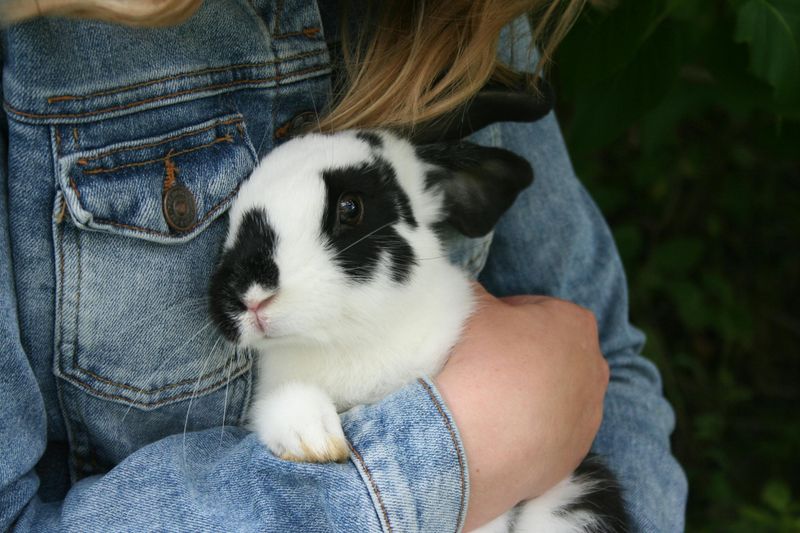
Toxic people are notoriously inconsistent – loving one moment, cruel the next. Your pet remains remarkably stable in comparison.
This reliable presence creates a secure emotional foundation that therapy aims to build. Day after day, your pet responds predictably to kindness and care. This consistency helps reset your nervous system and teaches your brain that relationships can be safe, dependable, and drama-free.
13. Physical Health Promoters
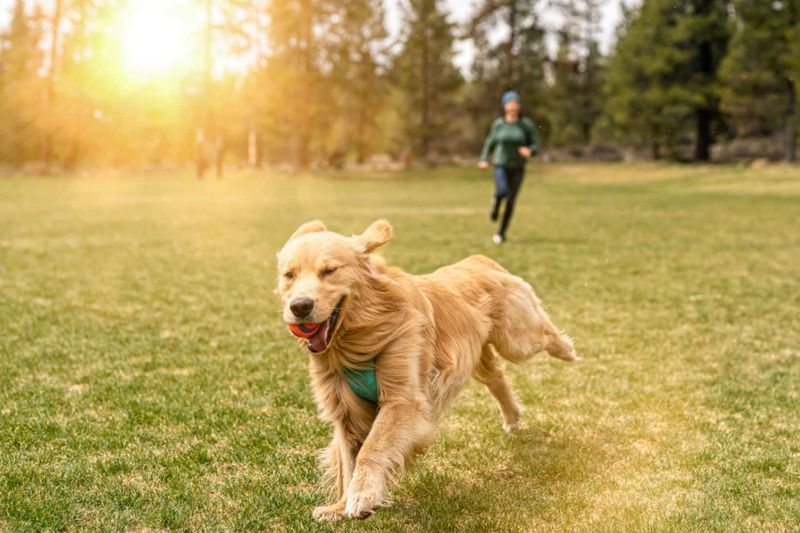
Emotional healing happens faster in a healthy body. Dogs need walks, cats encourage play – movement your therapist recommends but can’t enforce.
Research shows pet owners have lower blood pressure and stronger immune systems than non-pet owners. Those daily walks, playtime sessions, and even the routine of care get your body moving. Better physical health accelerates emotional recovery in ways talk therapy alone cannot.
14. Social Connection Catalysts

Toxic relationships often isolate you from others. Your pet becomes an instant conversation starter and social bridge.
Dog parks, pet stores, and even neighborhood walks create natural opportunities for healthy human interaction. While therapy encourages rebuilding your social network, your pet actively facilitates it. Those casual pet-centered conversations gradually rebuild social confidence that manipulative people undermined.
15. Oxytocin Factories
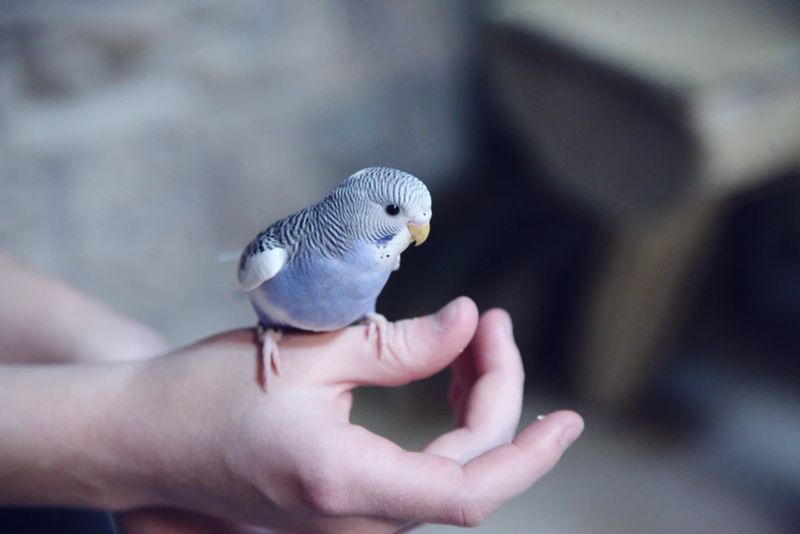
Scientists call oxytocin the “love hormone” – and pets trigger its release better than almost anything else. This powerful neurochemical actively counteracts stress hormones accumulated during toxic relationships.
Just gazing into your dog’s eyes boosts oxytocin levels for both of you. While therapy discusses healing theoretically, your pet physiologically changes your brain chemistry. Each cuddle session literally rewires neural pathways damaged by relationship trauma.


